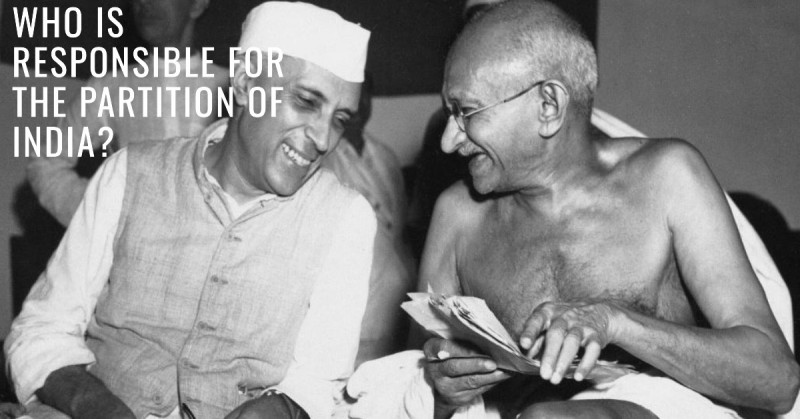
Introduction
The partition of India in 1947 was a momentous event in the history of the subcontinent. It led to the creation of two separate nations, India and Pakistan, and was accompanied by widespread violence and mass displacement. Understanding the factors responsible for this partition is essential to comprehend the complex dynamics of that time. In this article, we will explore the various factors and entities that played a role in the partition of India.
Historical Background
To understand the partition of India, we need to delve into its historical background. India had been under British colonial rule for nearly 200 years. The British employed a policy of "divide and rule," exploiting existing divisions within Indian society to maintain control. This policy sowed the seeds of communal tensions between Hindus and Muslims, which later played a significant role in the partition.
The Role of British Colonial Rule
The imposition of the divide and rule policy by the British had a profound impact on the Indian subcontinent. The British capitalized on existing religious and cultural differences, exacerbating tensions between Hindus and Muslims. This policy aimed to weaken the unity of the Indian independence movement and maintain control over the region.
Another significant factor in the partition was the failure of the Two-Nation Theory. This theory, propagated by Muslim leaders, argued for the creation of a separate Muslim nation. However, it failed to consider the diverse cultural and religious fabric of India, where multiple communities coexisted for centuries.
Role of Indian Nationalism
Indian nationalism played a crucial role in the struggle for independence. The Indian National Congress, formed in 1885, was at the forefront of the movement, advocating for a unified India where people of all religions and communities would live harmoniously. However, differing visions of the future of India began to emerge.
The Muslim League, established in 1906, demanded the creation of a separate nation for Muslims. Led by Muhammad Ali Jinnah, the league argued that Muslims would face marginalization and oppression in a Hindu-majority India. This demand for Pakistan, a separate nation for Muslims, further fueled communal tensions and ultimately led to the partition.
Socio-religious Factors
The socio-religious landscape of India played a significant role in the partition. The Hindu-Muslim divide had historical roots, and tensions between the two communities escalated over time. Communal riots and violence became increasingly common, further deepening the divide and creating an atmosphere of mistrust and fear.
Leaders and Key Personalities
Several leaders and key personalities influenced the events leading up to the partition. Mahatma Gandhi, the leader of the Indian National Congress, advocated for a united India and worked tirelessly to bridge the gap between Hindus and Muslims. However, his efforts were not enough to prevent the partition.
Muhammad Ali Jinnah, the leader of the Muslim League, emerged as the champion of the demand for a separate nation for Muslims. He argued that Muslims needed a separate homeland to protect their interests and ensure their religious and political freedom.
Jawaharlal Nehru, a prominent leader of the Indian National Congress, was a strong advocate for a secular and inclusive India. However, disagreements and the inability to reconcile the differing visions for India's future ultimately led to the partition.
Impact and Aftermath
The partition of India resulted in unimaginable violence and mass displacement. Communal riots broke out, leading to the loss of numerous lives and the forced migration of millions of people. Families were torn apart, and communities were forever changed.
India and Pakistan emerged as separate nations on August 15, 1947. The partition left a lasting impact on the political, social, and cultural fabric of the subcontinent. It also set the stage for future conflicts between the two nations.
Conclusion
The partition of India was a complex and multifaceted event. While various entities played a role, the British colonial rule's divide and rule policy, the failure of the Two-Nation Theory, and the deep-rooted socio-religious tensions were significant contributing factors. The leaders and key personalities of the time also shaped the course of events.
India's Growth in the Past 10 Years
Mythological and Legendary Stories Associated with the Hanging Pillar at Lepakshi
'Want to see India, adore Bollywood films,' says Suga of BTS